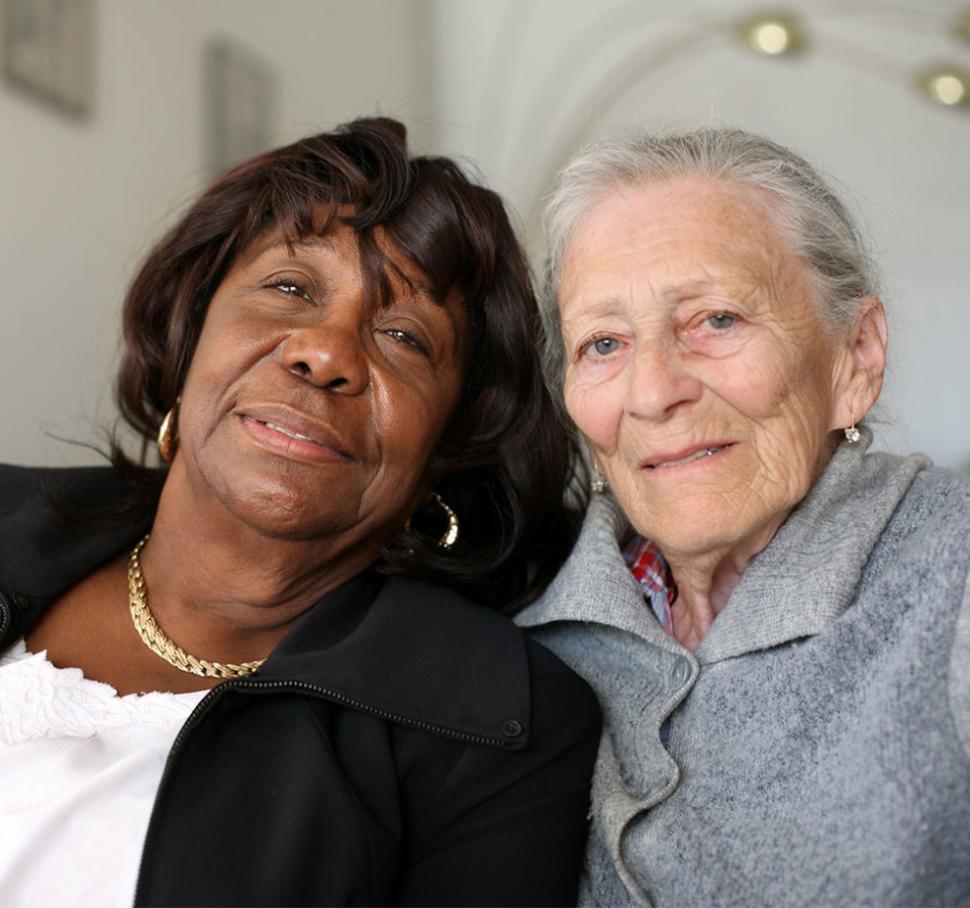What Happens After Guardianship Is Granted?
Guardianship is a legal arrangement in which a court appoints a responsible person or organization to care for the personal and financial affairs of an individual who is unable to do so themselves. This can be due to a variety of factors, such as age, disability, or illness.

The process of obtaining guardianship can be complex and time-consuming, but it is essential to ensure that the individual's best interests are protected. Once guardianship is granted, the guardian has a number of legal powers and responsibilities, including:
Immediate Effects Of Guardianship
- Legal Authority of the Guardian: The guardian has the legal authority to make decisions about the ward's person and property. This includes the power to:
- Make medical decisions for the ward
- Manage the ward's finances
- Represent the ward in legal matters
- Duties and Responsibilities of the Guardian: The guardian is responsible for providing care and support for the ward. This includes:
- Providing food, clothing, and shelter for the ward
- Managing the ward's finances
- Making decisions about the ward's medical treatment
- Ensuring the ward's safety and security
Long-Term Implications Of Guardianship
- Financial Considerations: Guardianship can have a significant impact on the ward's financial situation. The guardian is responsible for managing the ward's assets and making decisions about how the ward's money is spent. This can include:
- Paying the ward's bills
- Investing the ward's money
- Planning for the ward's future financial needs
- Medical and Healthcare Decisions: The guardian is responsible for making decisions about the ward's medical treatment. This can include:
- Choosing a doctor for the ward
- Consenting to medical procedures
- Making end-of-life decisions
- Personal and Social Well-being: The guardian is responsible for ensuring the ward's personal and social well-being. This can include:
- Maintaining the ward's relationships with family and friends
- Providing opportunities for social interaction and engagement
- Addressing the ward's emotional and psychological needs
Legal And Ethical Considerations
- Balancing the Ward's Rights and the Guardian's Authority: The guardian must balance the ward's rights with their own authority. This can be a difficult task, as the ward may not always be able to make their own decisions. The guardian must always act in the ward's best interests.
- Reporting and Accountability: The guardian is required to report regularly to the court. This is to ensure that the guardian is acting in the ward's best interests and that the ward's rights are being protected. The guardian is also accountable for their actions and decisions.
Guardianship is a serious responsibility. It is important to carefully consider the implications of guardianship before seeking it. If you are considering seeking guardianship, it is important to consult with a legal and financial professional for guidance.
Guardianship is an ongoing process. The guardian must be flexible and adaptable to meet the changing needs of the ward. The guardian must also be prepared to deal with the challenges that may arise during the course of the guardianship.

YesNo

Leave a Reply